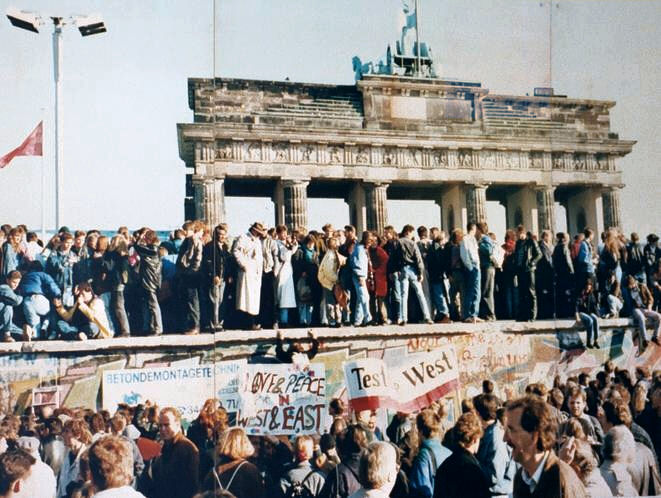
This week marks the 30th anniversary of the fall of the Berlin Wall, the event that symbolically signaled the end of communism. Between 1917 and 1989, a third of the world’s population lived at some point under a regime that in 72 years produced 100 million deaths, an efficient mass surveillance state apparatus, an all-powerful propaganda system and not much more.
For anyone under the age of 35, communism is nothing more than a historical period, like the Middle Ages or the Renaissance. In that sense, if you remember living under communism, you can now be considered a “primary source.”
Because I grew up in Cuba, I am a primary source. How was that experience? The helplessness of the individual and the family in the face of the totalitarian state was an overwhelming feeling. The government’s constant surveillance, the weak moral fiber of society, the media propaganda and the dullness of everyday life are what I remember most clearly about my life in Cuba under Fidel Castro. But all of that has been portrayed by hundreds of books and movies about the communist regimes of the 20th century.
Those books and movies, however, rarely portray the sense of doom in communist countries — the presumption that the regime was invincible, that we were destined to live in its insipidness forever and that the whole world would end up living under the same kind of rule that we dreaded. For us, living without hope of seeing the end of it made life truly miserable.
That is the key to understanding the magic of the year 1989, when the communist regimes of Europe started to fall. Suddenly, history had turned the page and everything was different — joyful. The question that had poisoned our souls since childhood had been answered: The totalitarian regime that had dominated our lives wouldn’t have the final word.
It wasn’t the end of history, or the end of conflicts and human suffering. But it was the end of a genocidal experiment. For those of us who lived under communism hating it, it was the realization of James Joyce’s famous dictum: “History is a nightmare from which I am trying to awake.” And we had finally woken up from our shared nightmare.
Even in Cuba, where the regime didn’t end, I felt the end of the nightmare. In Havana, the omnipresent huge billboards proclaiming that “the future belongs to socialism” were quickly put away by the government. The phrase had become a joke. Two years later the goverment also had to delete from the constitution the reference to “our eternal friendship with the USSR” when the Soviet Union disintegrated.
What was the reason for the spectacular meltdown of the communist regimes? The best explanation I have found comes from “Centesimus Annus,” St. John Paul II’s encyclical published in 1991.
Talking about the communist regimes of the 20th century, the Polish pope said: “The fundamental error of socialism is anthropological in nature. Socialism considers the individual person simply as an element, a molecule within the social organism, so that the good of the individual is completely subordinated to the functioning of the socioeconomic mechanism. Socialism likewise maintains that the good of the individual can be realized without reference to his free choice, to the unique and exclusive responsibility which he exercises in the face of good or evil. Man is thus reduced to a series of social relationships, and the concept of the person as the autonomous subject of moral decision disappears, the very subject whose decisions build the social order.”
Thirty years ago this week, we woke up from that anthropological error.
